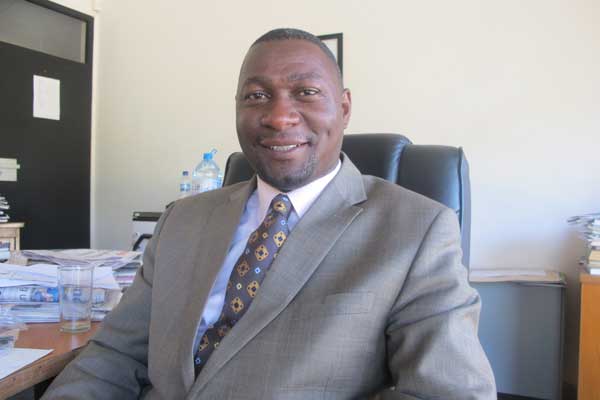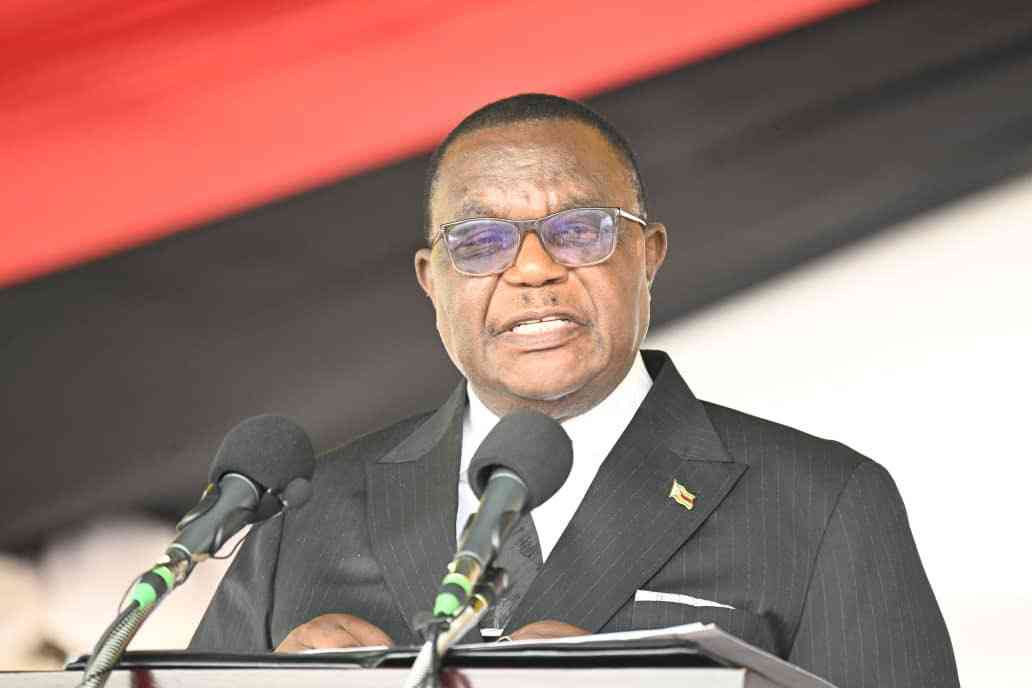
PRESIDENT Robert Mugabe does not hide his disdain for social media and in April threatened draconian controls similar to those imposed on Chinese people by their government.
NEWS IN DEPTH BY OBEY MANAYITI
Faced with mounting opposition to his rule, Mugabe and his government have in recent weeks taken giant steps to turn his threats into action amid revelations that a Computer Crime and Cyber Crime Bill has been drafted.
State media has gone over the top, publishing stories claiming that some Zimbabweans based abroad are being investigated for cyber terrorism with the help of Interpol.
The proposed law would target Zimbabweans accused of abusing social media to instigate violence, banditry, sabotage and general instability in the country.
The main purpose of the Bill is to punish those behind computer and network-related crimes.
It would also consolidate the criminal law on computer crime and network crime, as well as to provide for investigation and collection of evidence for computer and network-related crimes, among others.
The Bill is a direct response to the wave of protests against Mugabe’s rule that have been organised through social media such as Twitter, WhatsApp and Facebook.
- Chamisa under fire over US$120K donation
- Mavhunga puts DeMbare into Chibuku quarterfinals
- Pension funds bet on Cabora Bassa oilfields
- Councils defy govt fire tender directive
Keep Reading
Social media, which is relatively cheap compared to other forms of communication, has the capacity to organise millions of people into action, as what happened during the Arab Spring, where citizens in various countries in North Africa mobilised to overthrow their governments.
Fearing that the same might happen in Zimbabwe, the government is now seeking to punish people accused of abusing social media and the country’s security sector has threatened to pounce on those using the tool to voice their anger against Mugabe.
However, the Media Institute for Southern Africa (Misa) Zimbabwe chapter and the Digital Society of Zimbabwe (DSZ) say the proposed law would not stand the constitutional test.
“The absence of clear intention for safeguards of basic human rights in a polarised environment cast the Bill as solely intended at policing the use of the internet and further erode citizens’ right to leverage the same for the enhancement of their liberties,” Misa and DSZ said in a joint statement on Friday.
Misa and DSZ also pointed out that numerous definitions in the bill were not adequately addressed, to an extent that it undermined progressive clauses on issues such as child pornography.
They argued that the definition of child pornography in the Bill was incomplete and insufficient for purposes of curtailing the behaviour.
Misa and DSZ said there was need for broader policy discussions on child safety and security in respect of cyber/internet related platforms to avoid ambiguity.
The two organisations also raised concern over Section 21 of the Bill, which intends to criminalise internet service providers who intentionally disclose orders related to a criminal investigation, including the fact that an order has been made.
Misa and DSZ said the Bill could even potentially prevent internet service providers from publishing transparency reports released by several organisations and companies, especially following requests by governments.
The most problematic area on the Bill is Chapter 29, which provides for authorisation by a magistrate, based on an application by the police or supported by an affidavit if there are reasonable grounds to believe or suspect that a person may have offending material in his/her gadgets.
Section 31 of the Bill also requires authorisation by a magistrate to order a person to provide computer data or other information and to order an internet service provider in Zimbabwe to produce information about persons who subscribe or use the service.
Sections 32, 33, 34 and 35 empower the police to snoop on people’s information in any way if a presiding magistrates grants the order, based on the request by police officers handling the matter.
Misa and DSZ said the Bill also infringed on numerous rights, such as the right to human dignity, right to personal security, right to privacy and the rights of an accused person, among others.
“The government should consider revising many of the definitions to increase specificity and remove vagueness and ambiguity,” the two organisations added.
“Further, new or additional definitions should be considered, especially for terms that are likely to cause confusion, such as sexually explicit conduct, computer crimes, cyber crimes, a thing, device, among others.
“As currently structured, some provisions of the Bill run counter to the constitution, especially the Bill of Rights.”
Former ICT minister Nelson Chamisa, who is now the chairperson of the parliamentary portfolio committee, described the Bill as unconstitutional.
“There is need to have a progressive framework on cyber as a country, which is moving at a supersonic pace, but our legislation has been moving at a snail pace,” he said as he emphasized the need to have orderly regulation.
“We have fundamental and serious problem with the [draft Computer Crime and Cyber Crime] Bill, especially in terms of authorisation of search and seizure. That is problematic in that it is too wide and wild as to give the state too many hands and eyes.”
Chamisa added: “It’s a detriment of the constitution and constitutional rights of citizens. The policy and bill are both unconstitutional and anti-constitutional in terms of the right to privacy and freedom of expression.”
The Kuwadzana East MP also raised concern over some definitions in the bill, adding that government officials ran the risk of ending up terrorising citizens themselves.
“These guys seem to focus more on cyber security, not realising that you need to consider citizens and consumer protection,” he said.
“There is an unjustified bias in the form of overprotecting the State over citizens.
“On this new draft, the government itself runs the risk of being a new terrorist by going after cyber users.”
Chamisa, a lawyer by profession, said there was a negation in the Bill of the existing ICT trends of convergence in the world.
He accused the government of trying to create a single gateway as he also took aim at the move to force operators into infrastructure sharing.
“They are trying to regulate at a time when the horse has already bolted. Government shouldn’t over-govern,” Chamisa said.
“We shouldn’t have too much regulation of ICT. Too much policy is bad policy,” he said, adding that there was need to consult widely with all stakeholders.
Digital expert Admire Mare said the Bill would have a chilling effect on the use of social media if it was passed in its current state.
“Although the law makes provisions for the judicial oversight in line with the necessary and proportionate principles, the law gives the minister responsible disproportionate powers in terms of ordering the interception of traffic data,” Mare said.
“The Bill violates several principles of the necessary and proportionate like necessity, adequacy, user notification, transparency, public oversight, integrity of communications and systems and safeguards against illegitimate access.”
He also raised concern over definitions of several items in the Bill.
“Criminalising social media abuse will inevitably turn anyone circulating content considered incriminating by the state into a criminal, yet protests are constitutionally guaranteed in the constitution.
“This will certainly work as a protest and dissent busting measure in the short to medium term,” he said.
“Another contentious issue is that the extradition clause seems to be directed at Zimbabweans in the diaspora, who have been described as social media terrorists in some circles.”
China, according to Amnesty International, has the highest number of journalists and cyber-dissidents in the world.
Zimbabwean police have regularly arrested people for using Facebook and WhatsApp to send messages denigrating Mugabe.
A case against former Sunday Mail editor Edmund Kudzayi, who was accused of being behind the phantom Facebook character Baba Jukwa that dished out Zanu PF secrets on social media, crumbled spectacularly last year.










